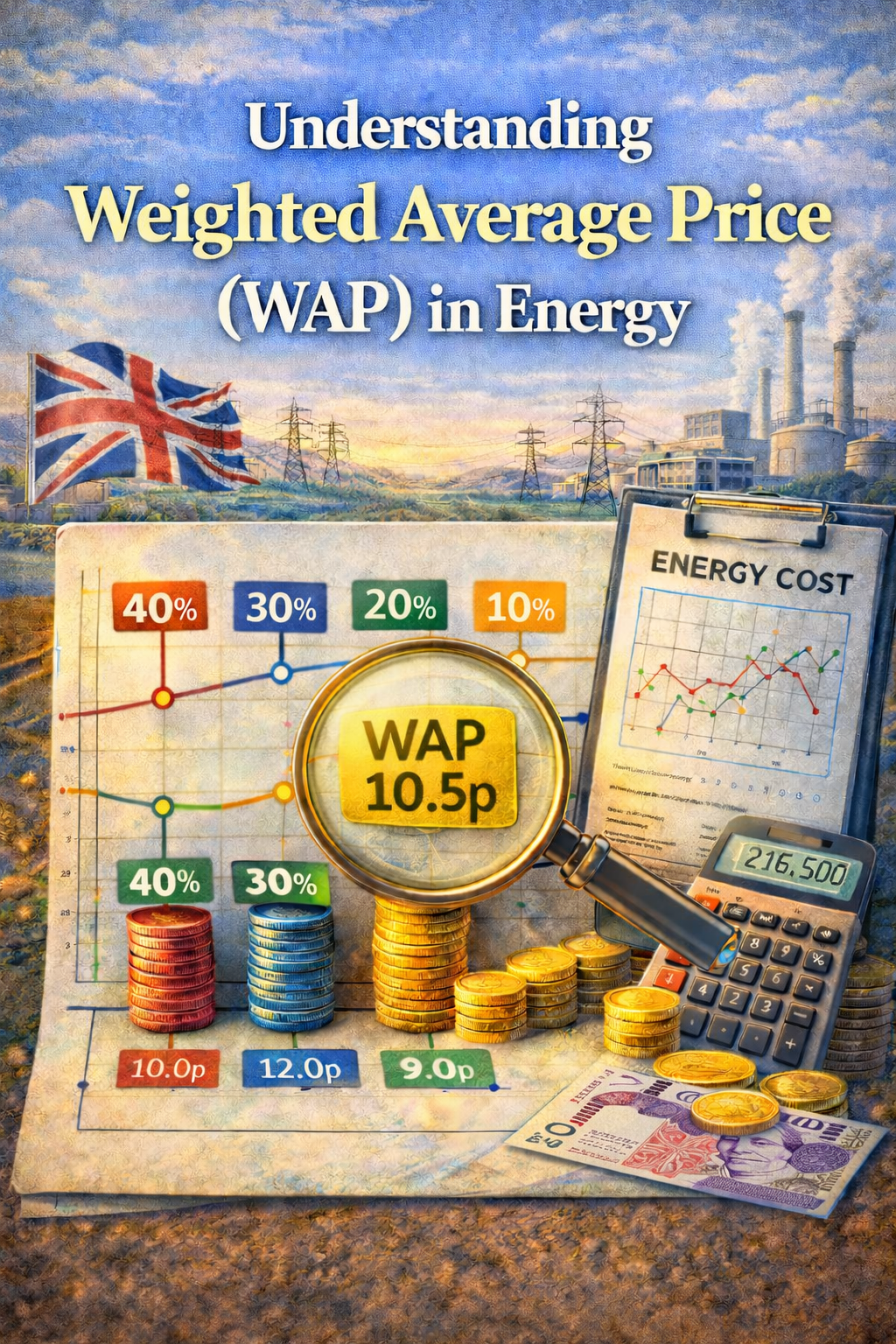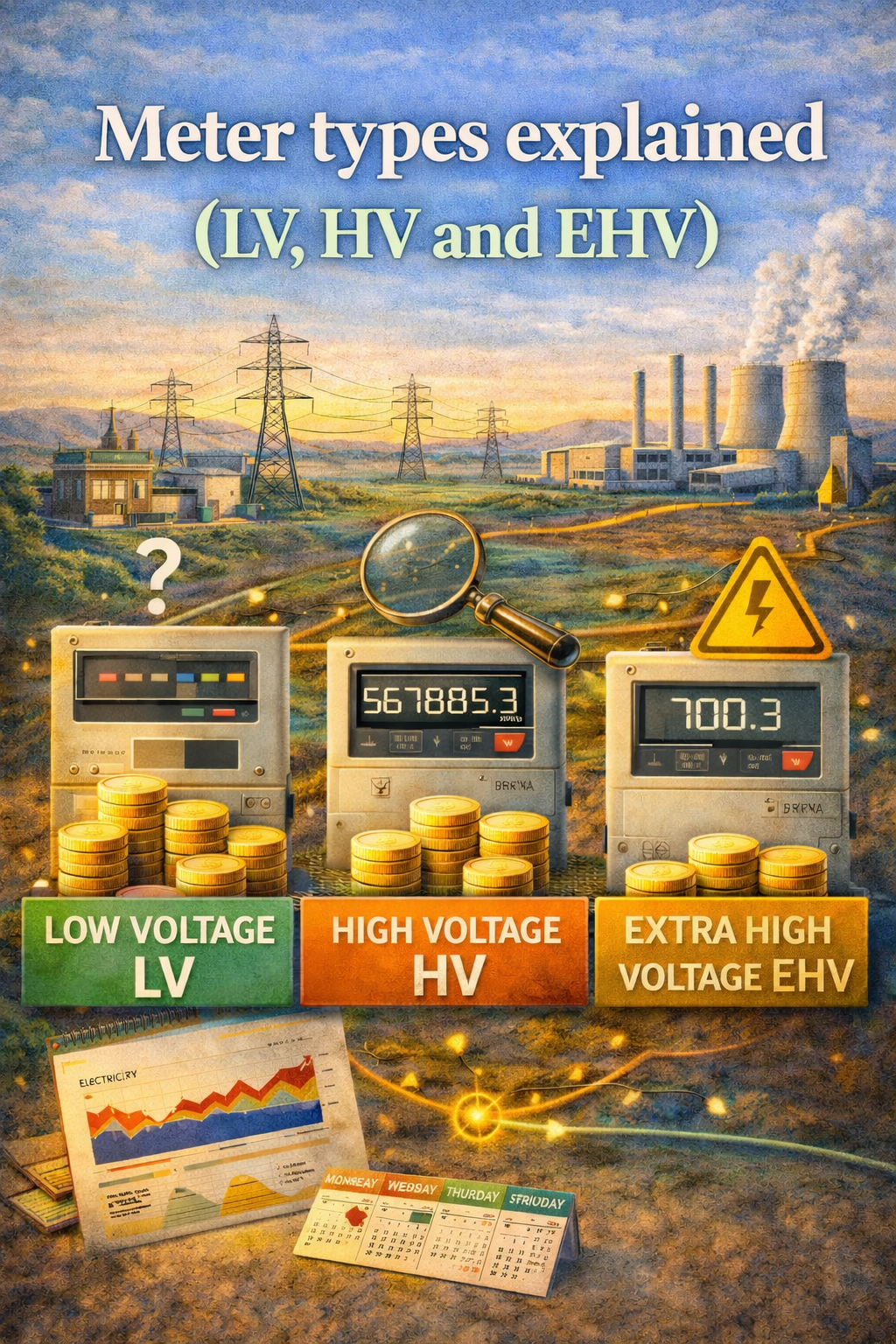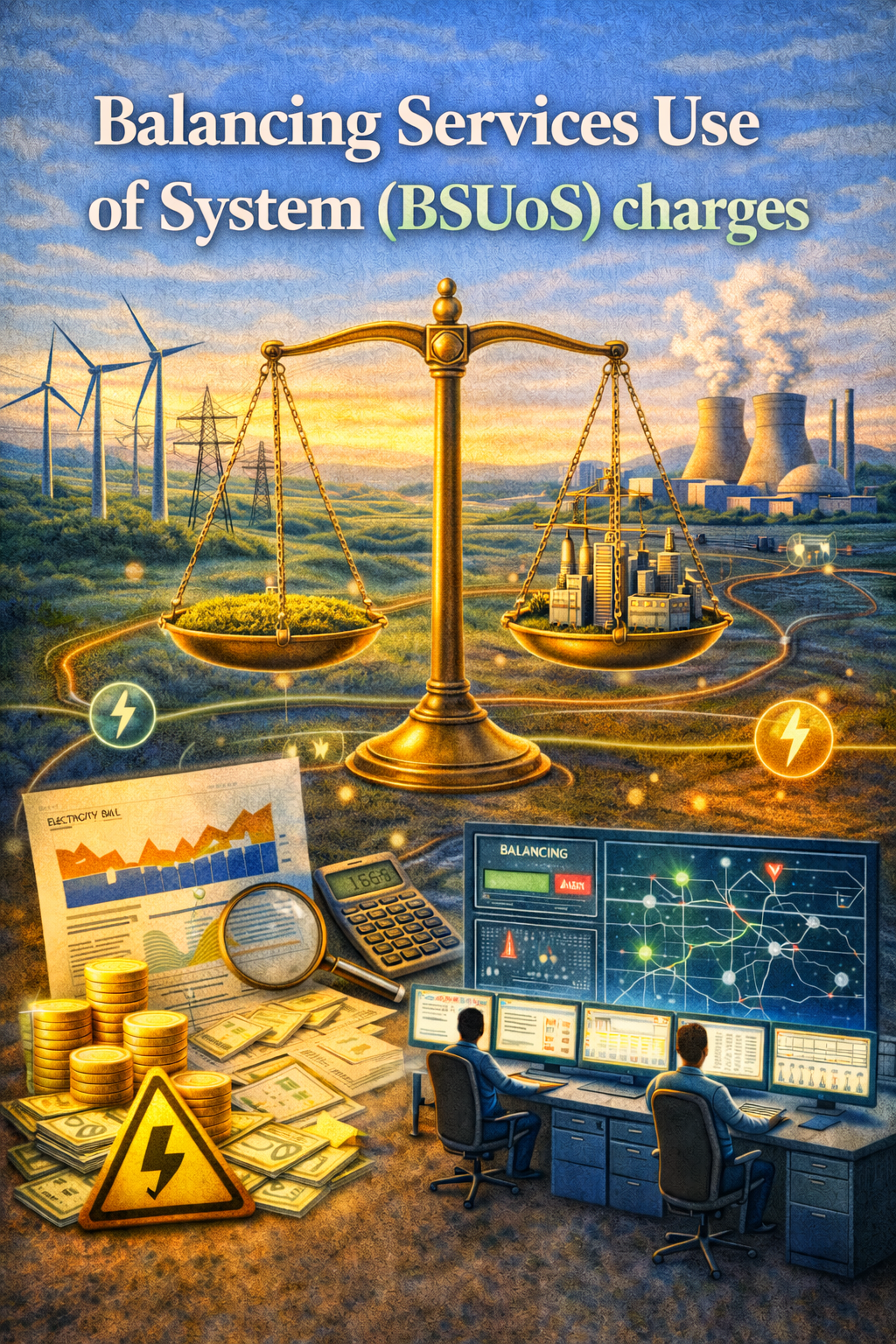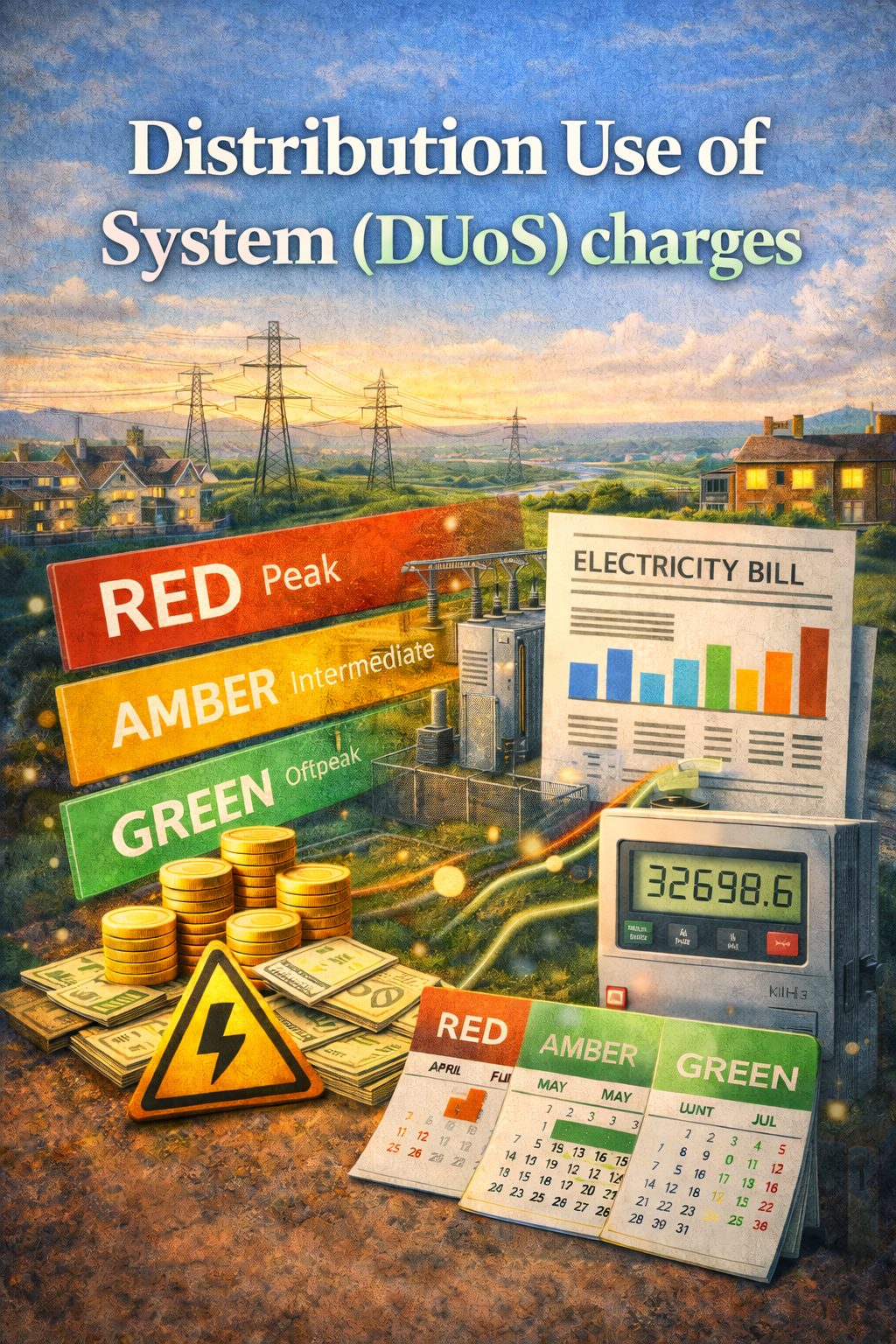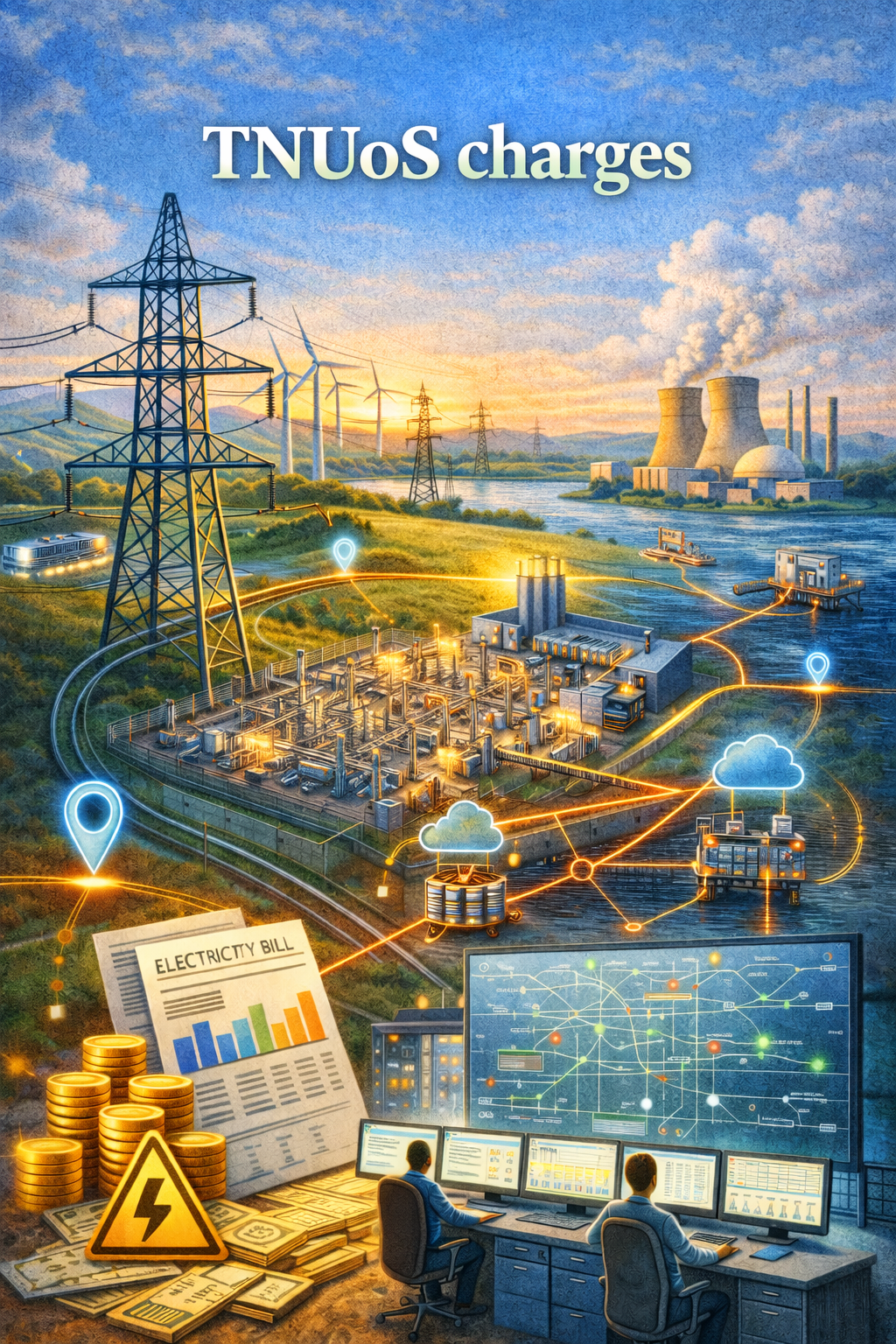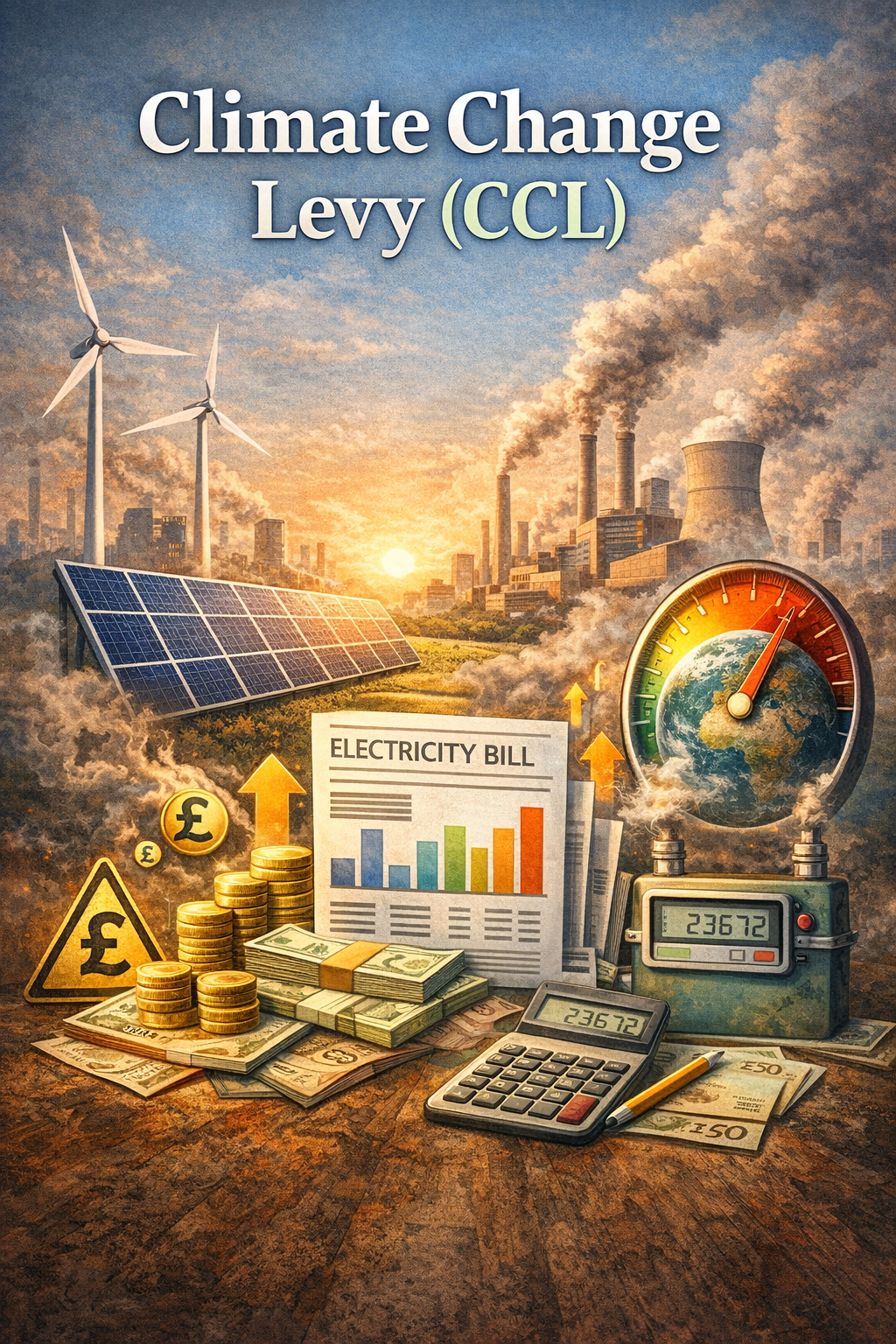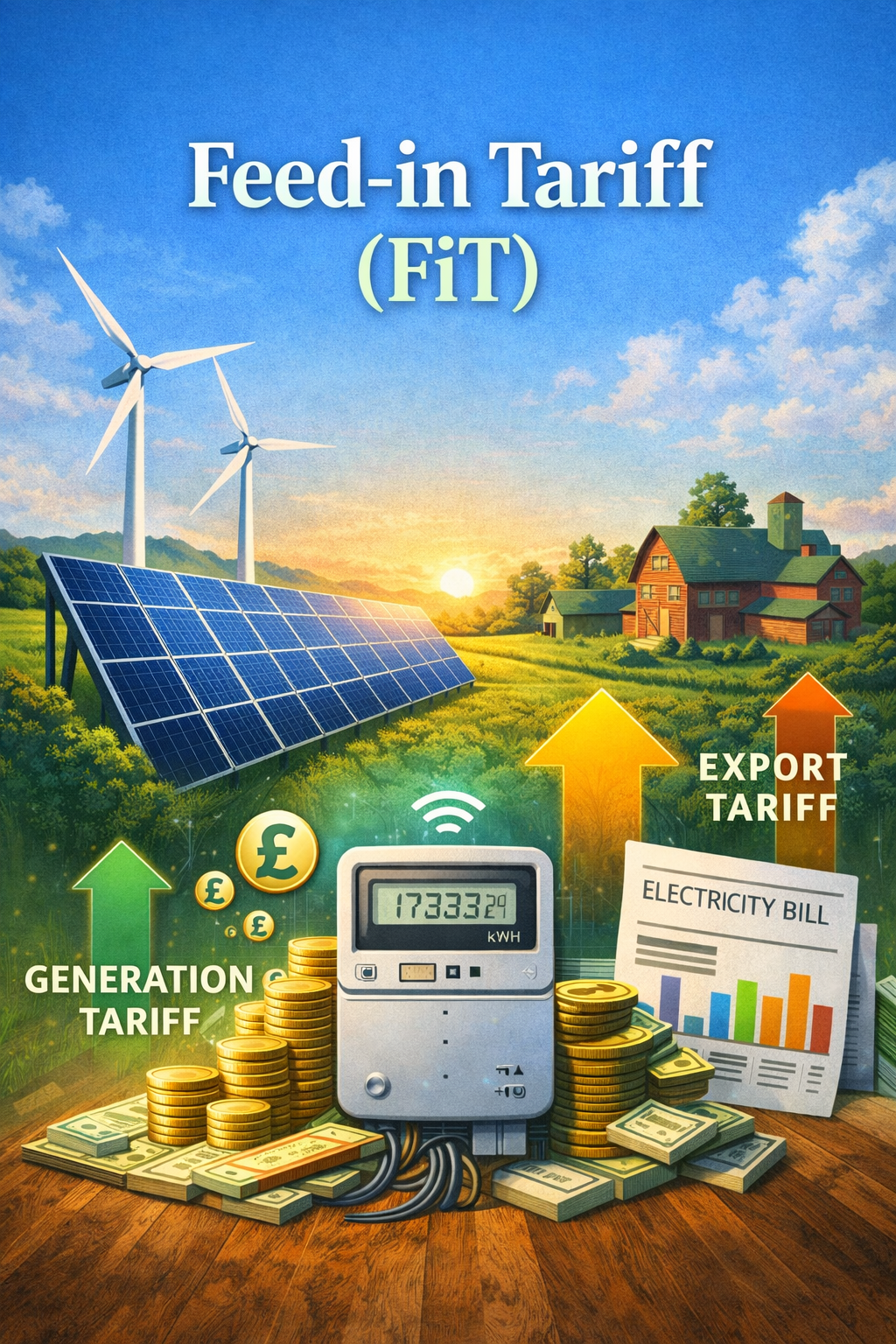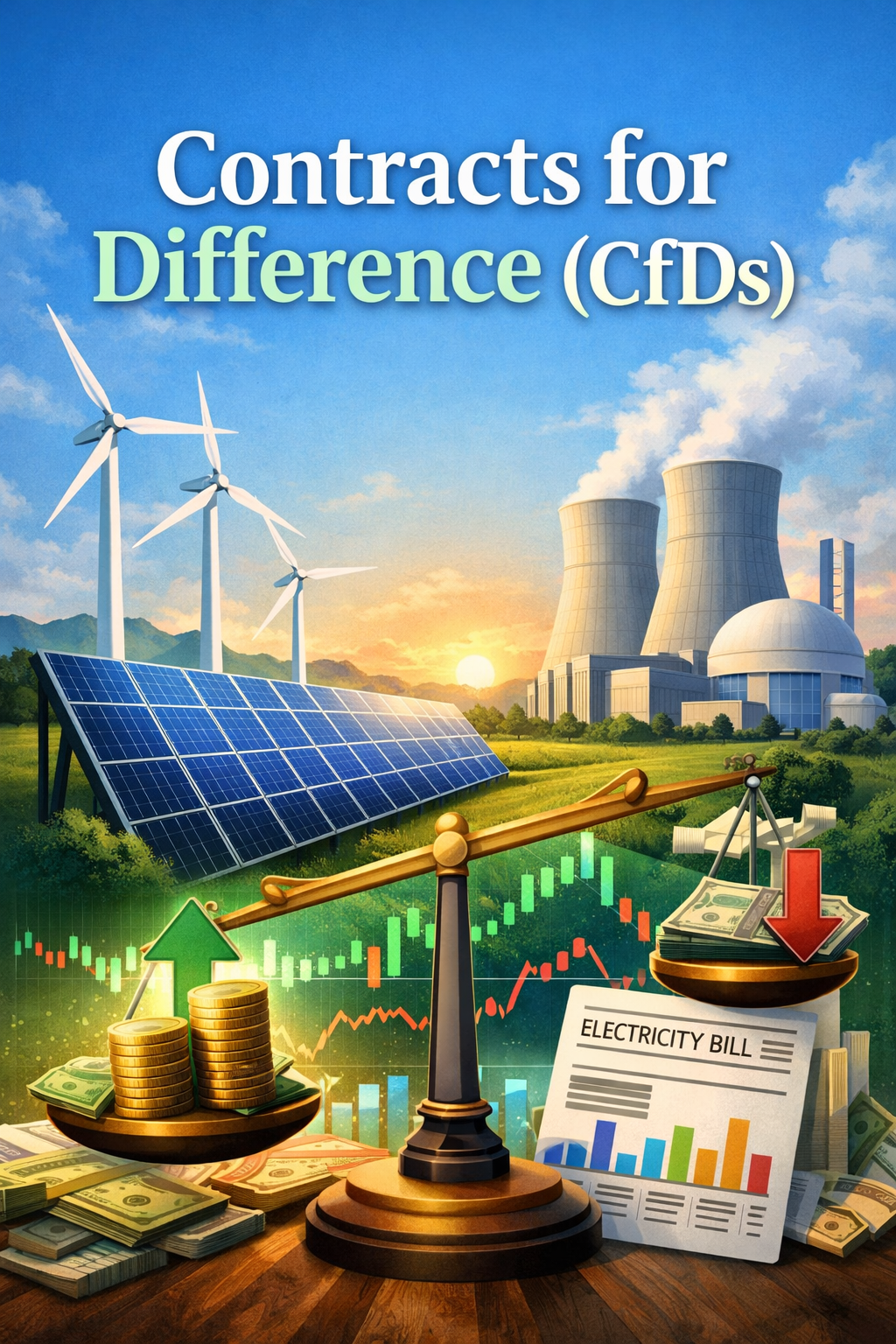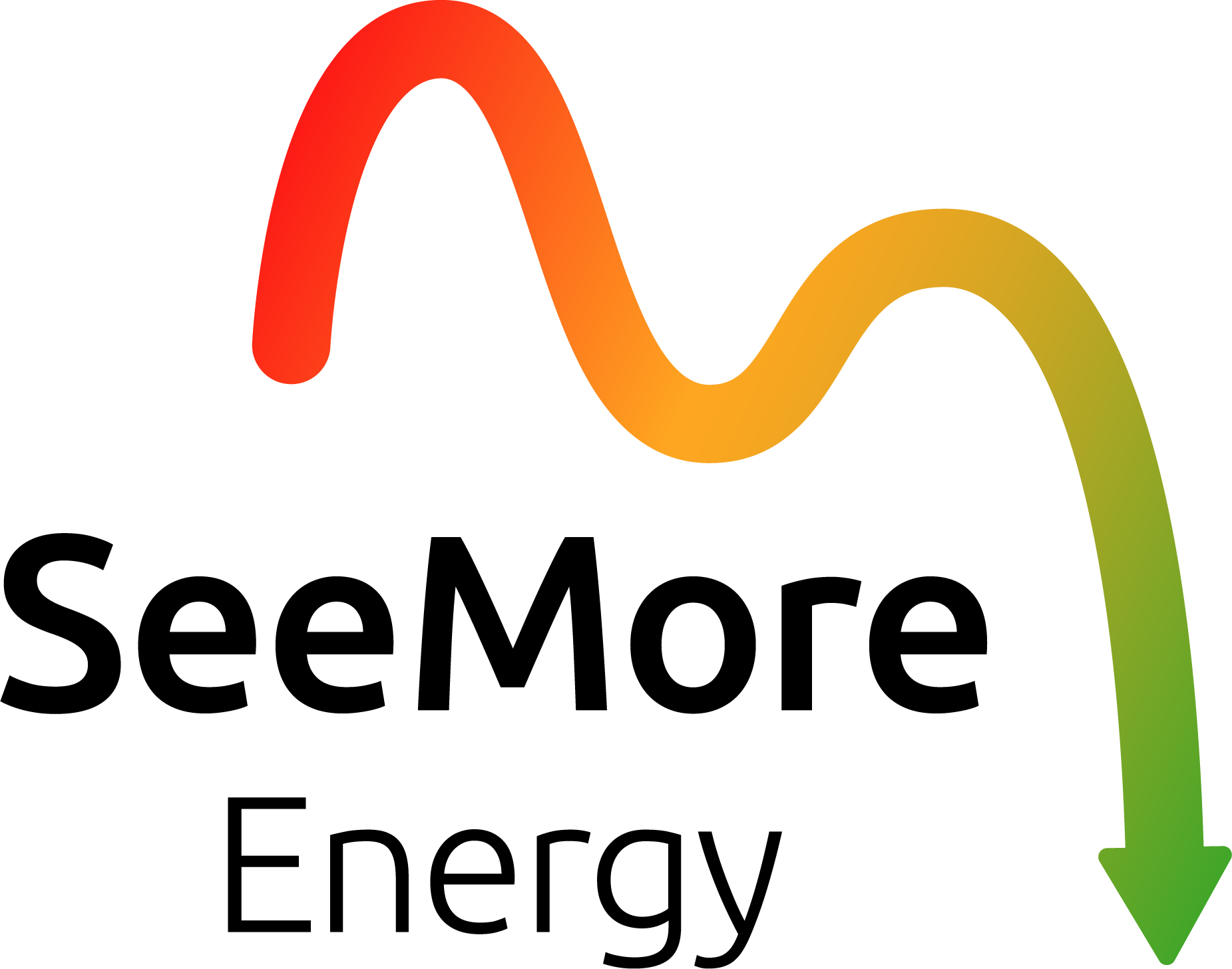Energy Consultants: The Good, The Bad & The Ugly
Energy Consultants: The Good, The Bad & The Ugly - How to Choose a Good Energy Broker in the UK
In today’s volatile energy market, many businesses struggle to understand what energy brokers do and how to find the best business energy consultants UK companies can trust. Energy procurement has become increasingly complex, and knowing how to choose a good energy broker can have a major impact on your costs.
A skilled energy consultant acts as a genuine intermediary between you and suppliers, helping you secure suitable contracts, resolve issues, and plan long-term energy strategy. However, because the energy-broker market is far less regulated than the financial sector, it’s essential to know how to choose a good energy broker UK businesses can rely on -- and how to spot the warning signs of a bad one.
What Do Energy Brokers Do? Understanding the Role of a Consultant
Think of an energy consultant as an extension of your business. The best business energy consultants UK-wide help with:
- Strategic procurement and tendering
- Managing supplier queries and resolving issues
- Analysing usage patterns
- Identifying energy-efficiency improvements
- Supporting sustainability planning and Net Zero strategy
From a procurement perspective, a good energy broker has relationships across the entire supply market. They understand product structures, tariffs, risk profiles, and the difference between fixed, flexible, and pass-through contracts. Crucially, before going to tender, they identify the most suitable contract type for your needs rather than offering a one-size-fits-all approach.

This process will focus on finding the best energy plan for your business. Whether you prioritise cost savings or sustainability, a Good Broker will analyse fixed vs. flexible contracts, pass-through options, and green/brown energy tariffs to fit your risk tolerance and budget.
A consultant with a vast network of partners can help you take a more holistic approach to energy usage. They'll start by conducting a comprehensive energy audit, exploring all potential improvements, not just quick fixes like solar panels or lighting upgrades. This approach goes beyond "tunnel vision" solutions, giving you a broader range of options to achieve your sustainability and cost-saving goals.
Very rarely can a clear roadmap to energy optimisation be delivered without more in-depth understanding of the operational activities of the business, so be wary when specific solutions are being pushed early in your engagement.
Beyond core procurement and solution services, a good consultant goes the extra mile by offering comprehensive support. This includes assistance with managing your energy queries, validating invoices, and ensuring compliance with energy regulations. These additional services provide peace of mind and allow you to feel confident in how your energy expenses are managed.

How Energy Consultants Make Their Money:
Most brokers are paid a commission by suppliers based on your energy usage. This model can work well, but it also creates opportunities for less-ethical brokers to prioritise their own earnings over your best interests.
When evaluating what energy brokers do, watch out for these red flags:
The Cowboy Broker's Playbook
1. Locking You Into Long Contracts
Be wary of brokers pushing fixed-term deals years into the future. Markets change quickly, and a deal that looks good today may be costly next year. Long contracts may only make sense in rising-market conditions. No broker should push you beyond the length of your next renewal.
2. No Consultation, Just a Contract
A trustworthy broker analyses your energy consumption patterns, risk appetite, and goals. If they skip this process and rush you into signing, it’s a warning sign.
3. The Ghost Broker
If your broker disappears after the contract is signed, you may have chosen poorly. A good energy broker remains available to assist with billing queries, supplier disputes, and contract management throughout the term.

Hallmarks of the Best Business Energy Consultants
So, what sets an honest, high-quality broker apart?
• Accessibility & transparency
They offer clear contact details, answer calls, and support you before AND after the contract.
• Strong market knowledge
A good energy broker explains the energy market in plain English and provides clear, well-reasoned advice based on current trends.
• Encouragement to ask questions
Reputable brokers never avoid queries. They welcome them — because informed clients make better long-term partners.
How to Choose a Good Energy Broker
Choosing the right consultant can significantly reduce your energy costs and reduce the stress of managing utilities. When comparing providers:
- Research the broker’s market access
- Ask how they’re paid
- Compare quotes to benchmark their performance
- Check their support offering after the contract goes live
- Pay attention to how they explain risks and contract options
- By selecting an honest and experienced broker, you gain confidence, clarity, and better control over your energy spend.
Partner with a consultant you can trust
Finding a good energy broker can significantly reduce your energy costs and reduce the stress of handling your utilities. Don't be afraid to do your research, compare brokers (it is prudent to benchmark your broker to ensure the best rates), and ask questions.
By choosing an honest partner, you can navigate the energy market with confidence, secure a great deal, and focus on what matters most – your business.
If your business requires advice with its energy procurement, management, or planning, then don’t hesitate to contact SeeMore Energy to speak to experienced advisors who can help you with bespoke strategies and advice that is tailored to your needs.
Contact Us
